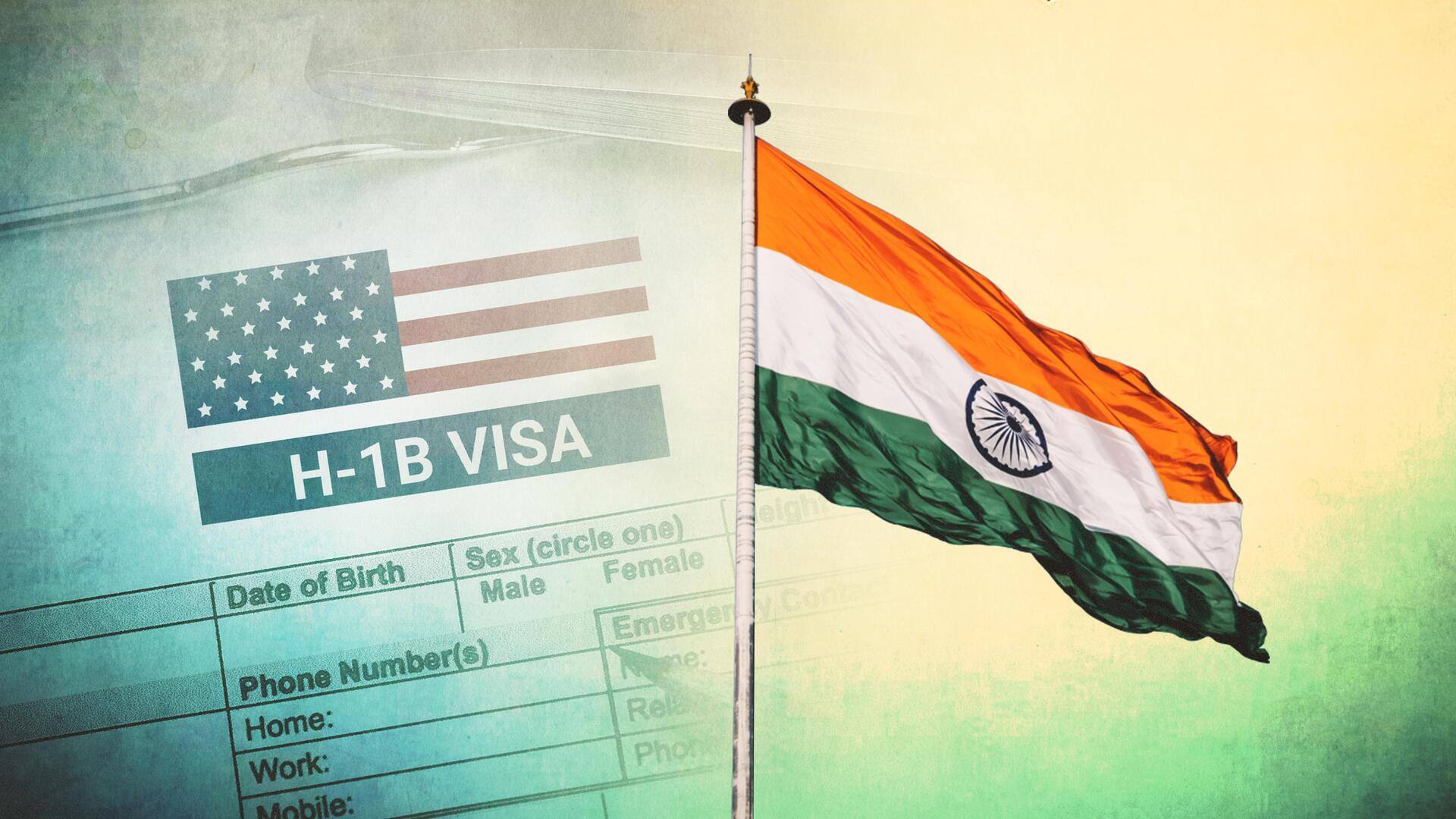
What US's proposed tweaks to H-1B visa mean for Indians
What's the story
The United States (US) government is considering modifications to the H-1B visa application process, sparking questions about what aspects will be updated and what stays the same. The H-1B visa permits American businesses to hire foreign professionals in specialized fields that demand theoretical or technical proficiency. Every year, the US grants 65,000 H-1B visas and 20,000 more to those who hold degrees above graduation from a US institution. Here, we take a look at the proposed changes and their impact.
What
What's the current process
The H-1B visa is a non-immigrant visa that US employers typically use to hire an employee for three to six years. However, those who have already begun the process of becoming permanent residents can renew these visas indefinitely. Currently, the visa applicants are selected through a lottery system. Once selected, the applicant's employer files a petition on their behalf. Tech companies hire tens of thousands of employees every year through this process.
Details
What about proposed changes
NDTV quoted Soundarya Balasubramani, a US-based writer guiding Indians to navigate the maze of legal immigration, as saying that if approved, the changes will prevent multiple H-1B visa applications from an individual. Currently, all applicants don't get a fair chance as multiple applications are fraudulently submitted on behalf of some applicants. Another proposed change is tweaking the existing definition of an employer-employee relationship, allowing more founders to build their companies by hiring workers using H-1B visas, she said.
Insights
Changes expected in late 2024 after public feedback
The third proposed modification is altering the definition of an organization qualifying as "cap-exempt," which would essentially eliminate the need for them to put employees through the lottery system. The proposed changes will be made public for feedback, which will be collected by the US Department of Homeland Security and used for making the final rules, expected in late 2024. Until the proposed changes are implemented, the status quo will continue.